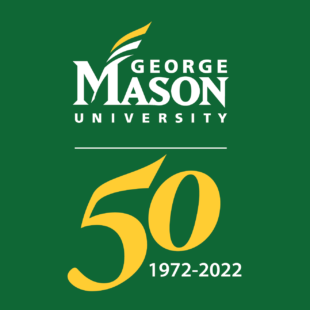Banner Code: ES-MS-DFOR
School: College of Engineering and Computing
Digital forensics is a discipline addressing the collection, processing, and analysis of digital data for the purpose of verifying/validating the existence of an event of investigative, intelligence, cyber, or business interest. The data can be from physical media, a mobile device, real-time network traffic, the Internet of Things (IoT), unknown code, memory, the cloud, and many other sources. Digital forensics is interdisciplinary by nature and our program includes computer engineering, computer science, information technology, law, and ethics. Digital forensics is a key component in criminal, corporate, civil, cyber defense, incident response, intelligence, and counter-terrorism matters
Admission Requirements
Students who hold a B.S. degree from an accredited college or university in engineering, math, science, computer science, business (with a quantitative background), economics, or other analytical disciplines, or students who have equivalent work experience indicating analytical aptitude, may apply to the M.S. in Digital Forensics. Depending on your background, applicants may be required to complete up to 12 credits of preliminary course work before they are allowed to enroll in any of the core courses or specialty courses in the program. A minimum undergraduate GPA of 3.00 is required for acceptance.
The 12 credits of preliminary course that may be required include: TCOM 535 (Internet Protocols), TCOM 515 (Internet Routing), and CYSE 211 (Operating Systems), and CS 112 (Intro to Computer Programming). These courses may not be taken for credit in MS in Digital Forensics program.
Students may be admitted as regular master’s students to the CFRS program, or they may be admitted for non-degree study within the program, which allows them to take individual courses. Students in the non-degree program have the option of transferring into the regular program, provided their GPA within the M.S. in Digital Forensics program is 3.00 or above. Up to 12 credits earned in non-degree study may be transferred into the regular program provided each of the courses to be transferred in was passed with a grade of B or above.
